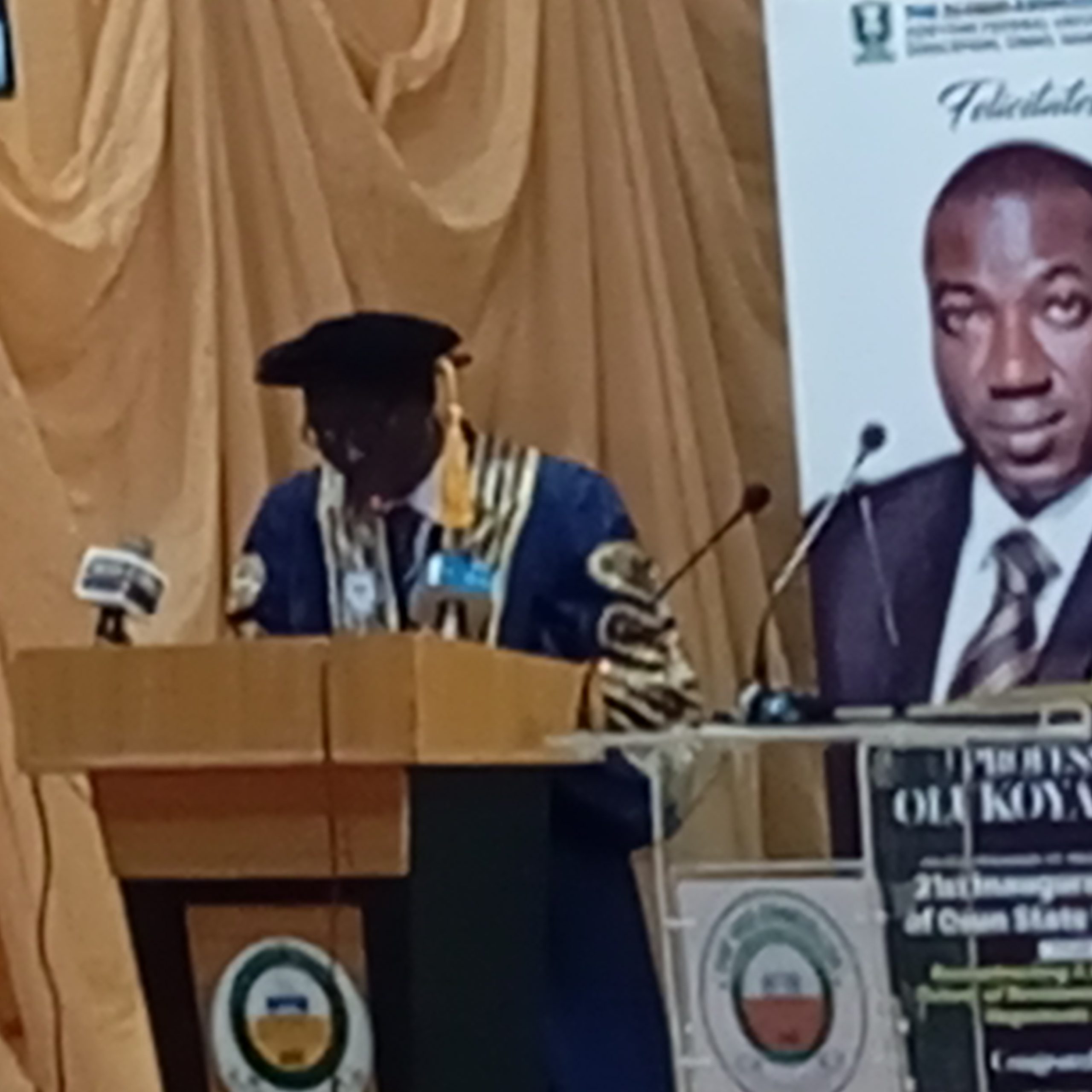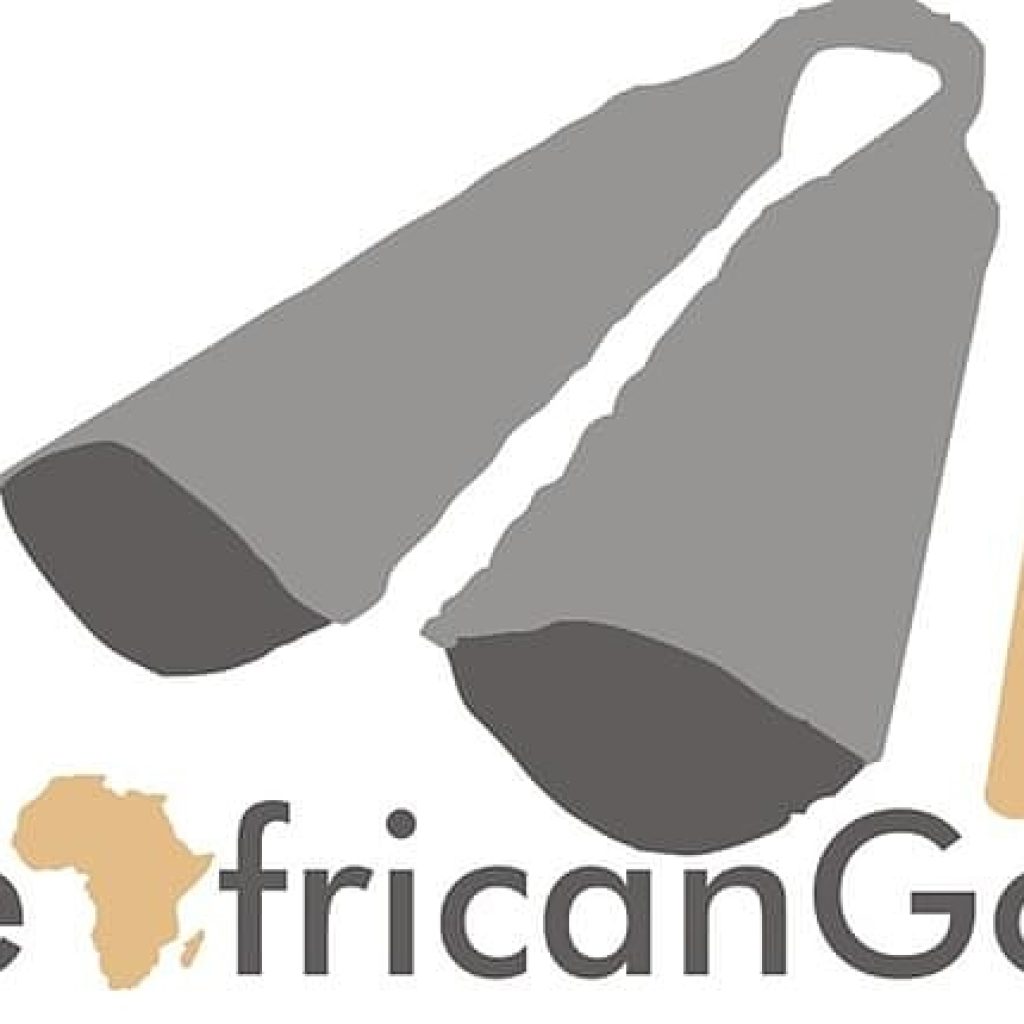
Prof Olukoya Ogen, the director of research at the Osun State University at his Inaugural Lecture has recommended history as a step for developing nation.
Speaking at Inaugural lecture attended by well meaning Nigerians and globally at the lecture with the theme:Reconstructing a Silenced Past: Echoes of Revisionism and Counter Hegemonic History, First, Nigerian historians need to be conscious of the fact that a deepening of historical knowledge will naturally ensue from the application of newly available methods, new sources or evidence and shifts in perspectives.
The advancement of the discipline is largely predicated on the adoption of theories for historical analysis, privileging multidisciplinary and collaborative research, prioritizing digital history,
and the use of innovative and modern analytical techniques.
Second, given the present moral decadence and depravity among our
youths, l make an advocacy for the reinvention of Yoruba cultural moral
tales and its legendary omoluwabi ethos (character education), into our
teaching curriculum. This new subject is to be taught in Yoruba language
and made compulsory from the primary school to the university level. Our
ministries of education and cultures in the southwest are enjoined to kick
start this initiative without further delay.
Third, historical research remains a major pillar for cultural sustainability and societal development. Thus, this lecture hereby charges Afenifere to set the machinery in motion for the floating of a Yoruba Historical Research Foundation that will generally fund Yoruba history fellowships, research grants and prizes in our universities.
Kudos to Afenifere for prioritising the socio-economic and political development of Yorubaland. However, the time is ripe for the broadening of its mandates to
incorporate the promotion of historical research and cultural
rejuvenation. l am happy to note that the highly revered leadership of
Afenifere is ably represented here this afternoon by its National
Organising Secretary, Abagun Kole Omololu.
Fourth, historical consciousness is pivotal to institutional and national development. More often than not we continue to grope in the dark because of our neglect of history and the refusal to learn from the lessons of history. Government corporations, public institutions, banks, local
trajectory of each respective institution. This office will provide a valid
framework and perspective to policy makers while taking important
decisions.
A pilot study in this regard is the decision taken by Department of History
and lnternational Studies at UNlOSUN to attach at least one final year
student to all the colleges, faculties, departments, units and centres in
UNlOSUN for their internship training. During the period of internship,
they are to collect relevant primary data from their respective duty post. The
Department intends to use some of these source materials for writingthe
History of UNlOSUN from 2007 to date.
Fifth, a discipline that cannot readily find a market for its products needs
to critically review its overall philosophy and possibly fine-tune or
overhaul its methodology. Given the public’s appetite for understanding
past events, historians should start utilizing their historical insight to
advise and make projections as well as proffer solutions to current
societal challenges.

Sixth, while the enduring perception that history must have a global
perspective cannot be over-emphasized, this must be done without
prejudice to forms of coexistence that emphasize diversity and peculiarity
rather than the homogeneity inherent in the notion of globality. There is the
burning need to defend freedom of thought and expression in the field of
historical research and oppose the misuse of history for whatever purpose.
Seventh, history is not owned by states or rulers, and we need to
condemn the use of history to foster enemy images and distorted
myths. Freedom of thought and/ or expression requires dialogue.
